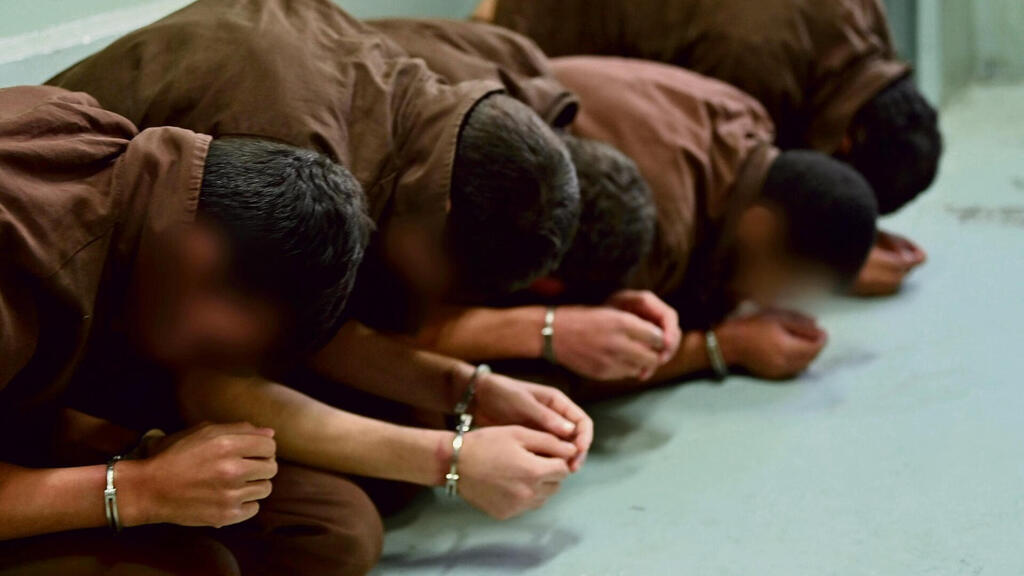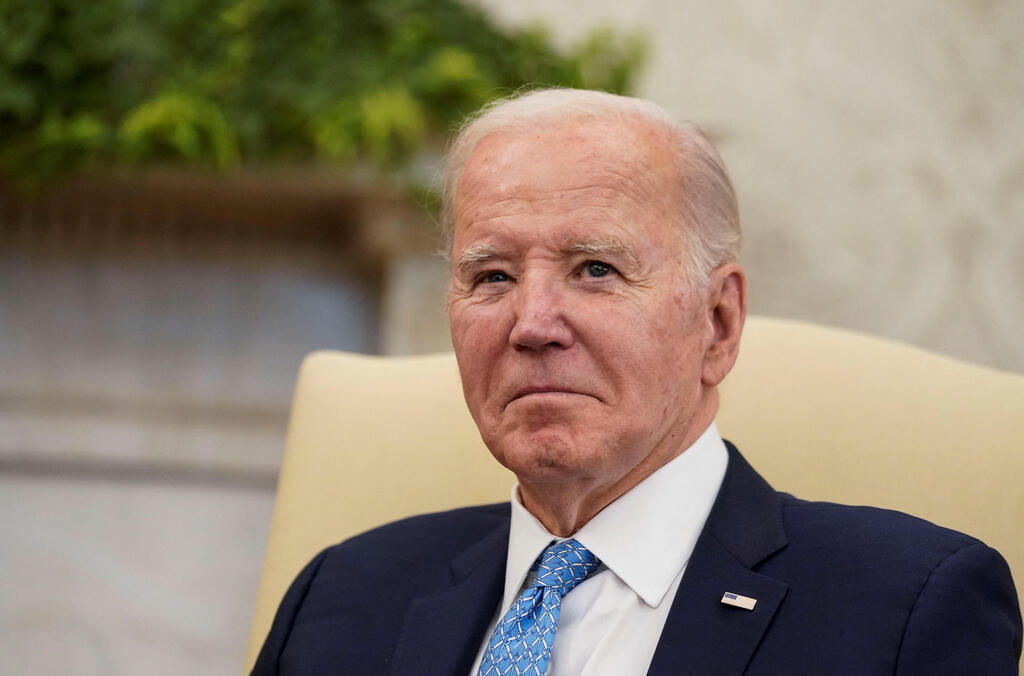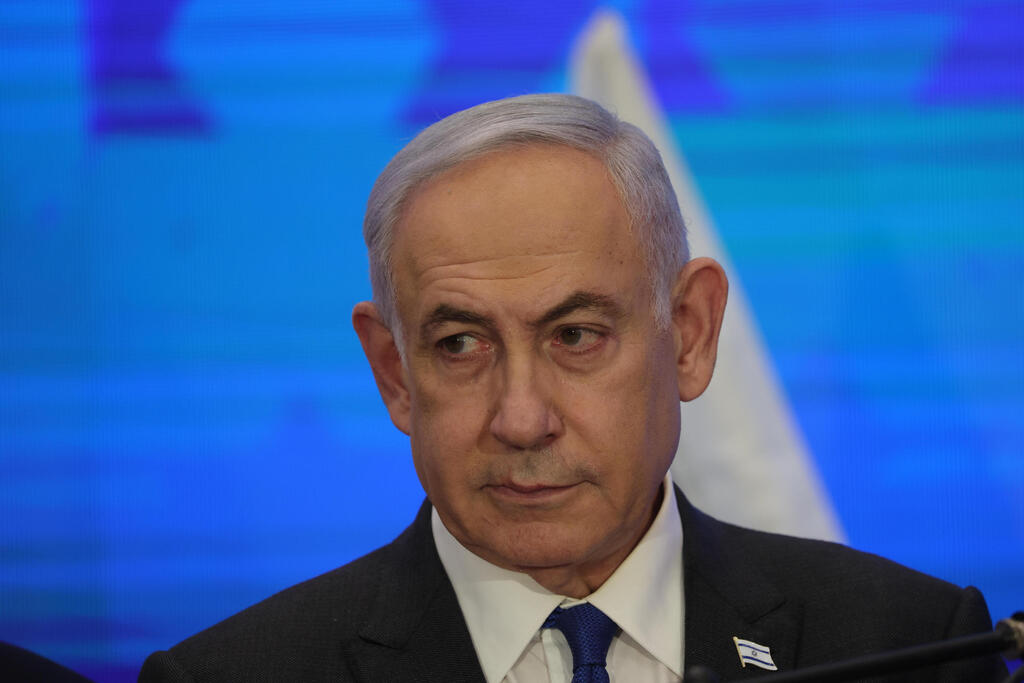Britain, considered perhaps the second most Israel-friendly nation after the U.S., has demanded that Israel allow Red Cross or diplomatic visits to the detained terrorists of Hamas elite Nukhba force, as part of the conditions for continuing arms supplies to Israel.
British Foreign Secretary David Cameron also warned Israeli officials that Europe might impose a weapons embargo on Israel if the current situation persists.
The threat comes on the heels of Canada's decision to impose an arms embargo on Israel over its alleged violations of international law in its war against Hamas in the Gaza Strip
Israel does not purchase arms from Canada, nor has Canada purchased Israeli weapons in the past decade, making this move purely symbolic. However, since the outbreak of the war, Canada has withheld the sale of 11 armored vehicles to Israel Police and prevented the shipment of night vision equipment to the IDF.
Israeli officials fear a domino effect following Ottawa's decision, viewed as a very friendly nation, potentially leading other countries to follow suit.
Read more:
The British demand for allowing visits to Nukhba terrorists held in detention arises against reports of Israel's refusal to let the Red Cross visit Hamas detainees under particularly strict conditions.
A team of British lawyers visited Israel earlier this month. Britain claims that Israel's actions contravene international law, which mandates sharing a list of detainees with the Red Cross or another international organization and allowing their visits. However, Israel opposes such visits, arguing that international law permits refusal due to security exceptions.
A senior government official warned that a pandemic of sanctions against Israel could erupt and spread globally as it is fighting to prevent more such adverse resolutions.
Officials say there's a feeling that the U.S. is nudging its Western allies to pressure Israel on sanctions against violent settlers and on humanitarian issues, including claims of famine in Gaza.
The Biden administration is conveying to Israel its electoral distress due to the upcoming November presidential elections, the official says. They differentiate between rhetoric and substance, linking issues in Gaza with broader regional tensions involving the Houthis, Hezbollah and potentially Iran.
A high-ranking political figure shared that there was concern on the Israeli side early in the war about losing international support. Prime Minister Benjamin Netanyahu then said if necessary, they would fight with Czech weapons to achieve their goal.
Despite shifting public opinion, there was significant behind-the-scenes support, extending their timeframe beyond expectations. Now, the real pressure comes from the U.S. elections, with Germany, Britain and France aligning as usual.
As the campaign in Gaza progresses, Israel’s alliances seem to be unwinding. Italian Prime Minister Giorgia Meloni expressed opposition to an Israeli ground invasion of Rafah, surprising many.
Additionally, Hungary and the Czech Republic, traditionally Israel-friendly within the EU and vetoers against anti-Israel initiatives, have withdrawn their objections to sanctions on supposed violent settlers. When Israeli officials discussed this with their Czech and Hungarian counterparts, the response was, "What can we do? If the U.S. imposes sanctions, we can't say no."
A senior political source explained Israel's shifting alliances, suggesting a lack of consultation on ground actions and post-conflict plans raises concerns. Allies fear Netanyahu is using the situation to maintain power and face pressure due to their pro-Palestinian public opinion.
Italy recently announced a halt in arms sales to Israel since October 7, complying with laws against selling weapons to conflict zones.
A Dutch court stopped F-35 spare parts transfers, but the Dutch government is seeking to reverse this decision.
Since 2006, Belgium has banned weapon sales to Israel, with the Wallonia region recently extending this prohibition to Israeli security industries, even when the end customer is not Israel. Belgium's business leaders have also declared a ban on security trade with Israel through Belgium.
A senior government official expressed concern over the potential for a broader arms embargo but noted that Israel has managed without such support in the past, referencing the country's resilience during the 1948 War of Independence in face of an international arms embargo.






